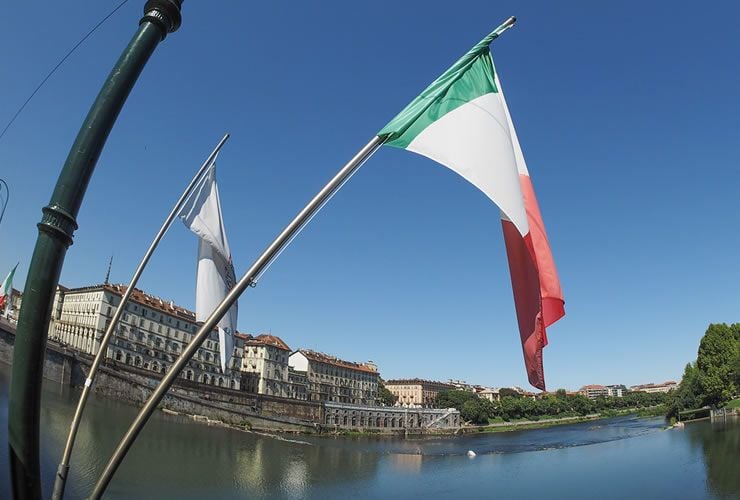Euro: Italian Inflation Plunge Sends An Important Signal
- Written by: Gary Howes

Image © Adobe Stock
The European Central Bank (ECB) will be hoping Italy's inflation undershoot in June is a sign of things to come and that the likes of Germany and France will follow suit on Thursday and Friday.
Italian inflation fell sharply in June with a 0% month-on-month reading, down from 0.3% in May said Istat, taking the year-on-year figure to 6.4%, which was far below the 6.8% expected by consensus and May's 7.6%.
The Euro was relatively unmoved, but inflation numbers out Thursday will be a key driver as they should send an updated signal to the ECB as to whether its 'hawkish' stance on interest rates is warranted at this late stage of the hiking cycle.
"Italian inflation was softer than expected and dropped a good amount from the previous print which bodes well for broader EU inflation," says Brad Bechtel, FX strategist at Jefferies.
The big event will be the release of inflation from Germany's North Rhine-Westphalia region at 06:30 BST which tends to set the tone for Europe's largest economy which will report state data through the course of the morning ahead of all-German inflation at 13:00 BST.
France reports inflation numbers Friday (07:45) ahead of the unified Eurozone release due at 10:00.
The fall in energy prices was the main source of surprise in the Italian inflation data release, "the energy component remains the key driver in the slowing pace of Italian inflation," says Paolo Pizzoli, Senior Economist for Italy at ING Bank.
Compare Currency Exchange Rates
Find out how much you could save on your international transfer
Estimated saving compared to high street banks:
£2,500.00
Free • No obligation • Takes 2 minutes
Italian core inflation also fell to 5.6%, from 6% in May, with conditions emerging for a further decline over the summer months, says Pizzoli, although he does caution the potential for renewed stickiness further down the line can't be ruled out just yet.
For its part, the ECB would welcome a replication of these developments in the other major European economies, although any undershoot will unlikely be of the magnitude required to deter them from a July hike.
Indeed, the crux for currency markets is what happens in September, will inflation cool enough by then to encourage the ECB to pause the hiking cycle?
If this is indeed the case then the Euro can come under pressure again, and the first opportunity to test this theory comes on Thursday with Germany's inflation release.
Compare Currency Exchange Rates
Find out how much you could save on your international transfer
Estimated saving compared to high street banks:
£2,500.00
Free • No obligation • Takes 2 minutes




